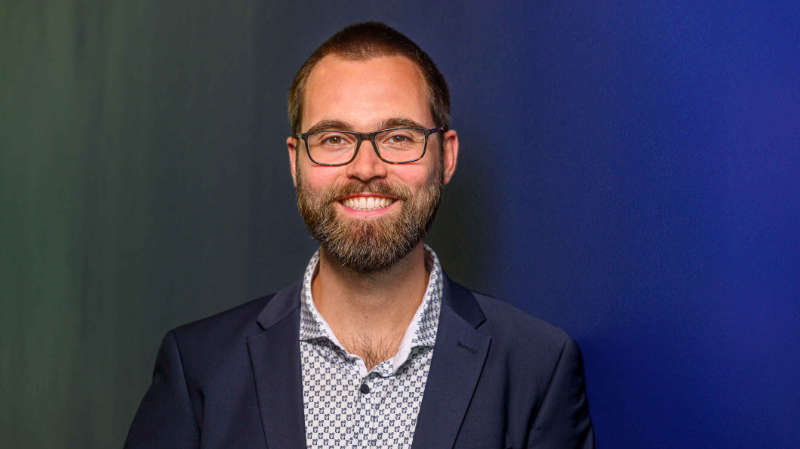More than 8,000 diseases can be traced back to a common genetic defect. However, patients still have no chance of being cured and often die at a young age. The repair of such genetic defects in the genome is being researched by hundreds of teams worldwide using molecular scissors: they are supposed to repair the DNA, but can usually only cut it. The repair must then be carried out by the cell itself, which is often error-prone. Felix Lansing, who was a PhD student in the lab of Frank Buchholz and graduated in November 2021, has made a groundbreaking contribution to solve this problem. For this he was awarded 2nd place in the German Study Award (Deutscher Studienpreis) by the Körber Foundation. “In my dissertation,” outlines Felix, “I developed a new molecular scalpel for the treatment of haemophilia, which cuts precisely and at the same time repairs without errors.”
Molecular biology: novel gene scalpels could revolutionise gene therapy
Felix’ work paves the way for this technology to be widely applied and to enter a new era of genome surgery. In this context, the molecular biologist has co-founded the start-up RecTech GmbH, with which he “plans to advance the technology to treat genetic diseases and thus establish new, innovative therapeutic options for previously incurable diseases.”
The jury of the German Study Award was impressed by the proposed application and highlighted the comprehensible presentation of this socially relevant topic. Felix prevailed against 609 competitors. The award will be presented on 12 December 2022 by the President of the Bundestag and patron Bärbel Bas at the German Parliamentary Society in Berlin.
About the German Study Award
With the German Study Award, the Körber Foundation honours excellent dissertations that have a particularly high social relevance. In the sections Social Sciences, Natural and Technical Sciences, and Humanities and Cultural Studies, the Körber Foundation awards prizes worth a total of more than 100,000 euros. This makes the German Study Award one of the most highly endowed prizes for young academics in Germany.
